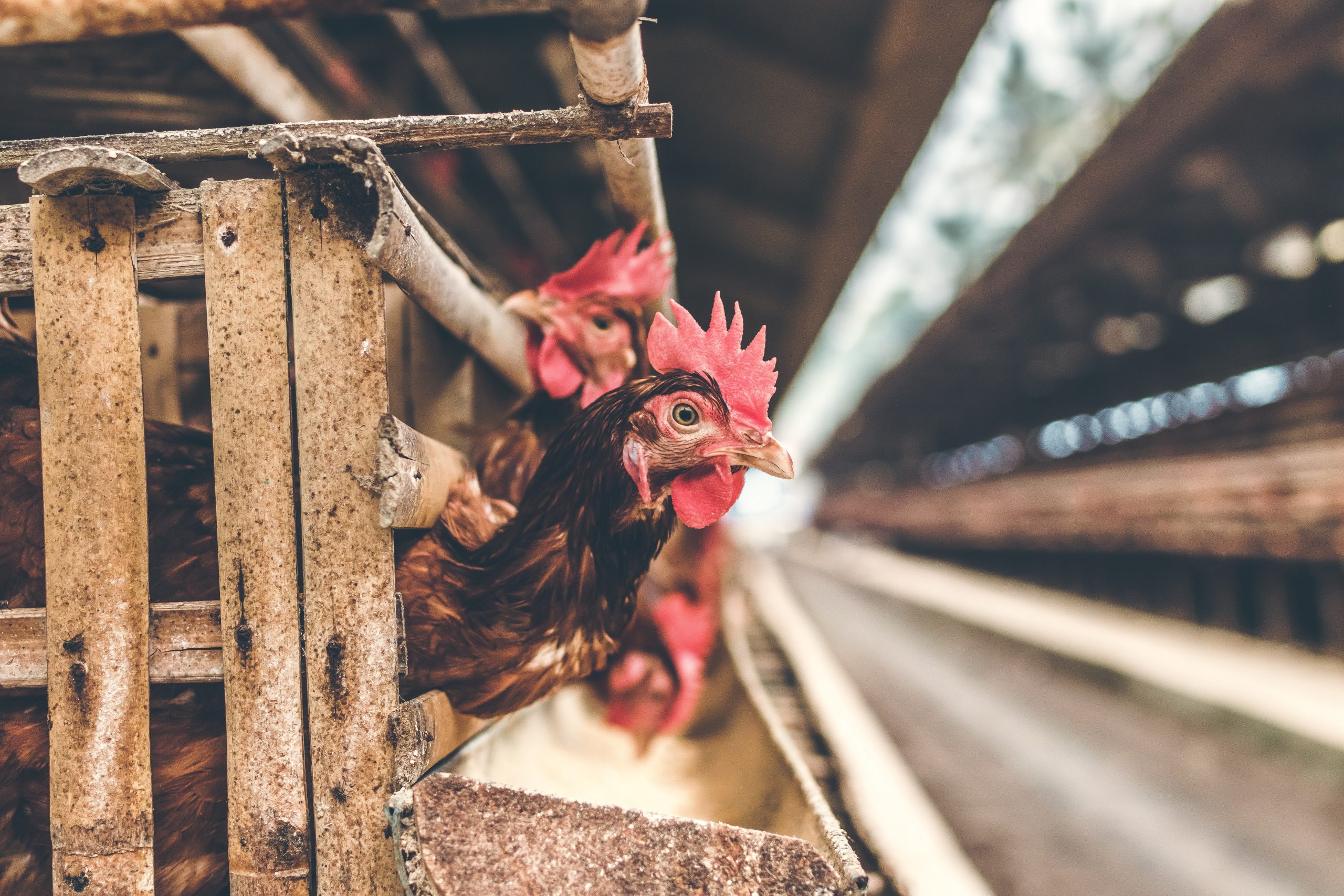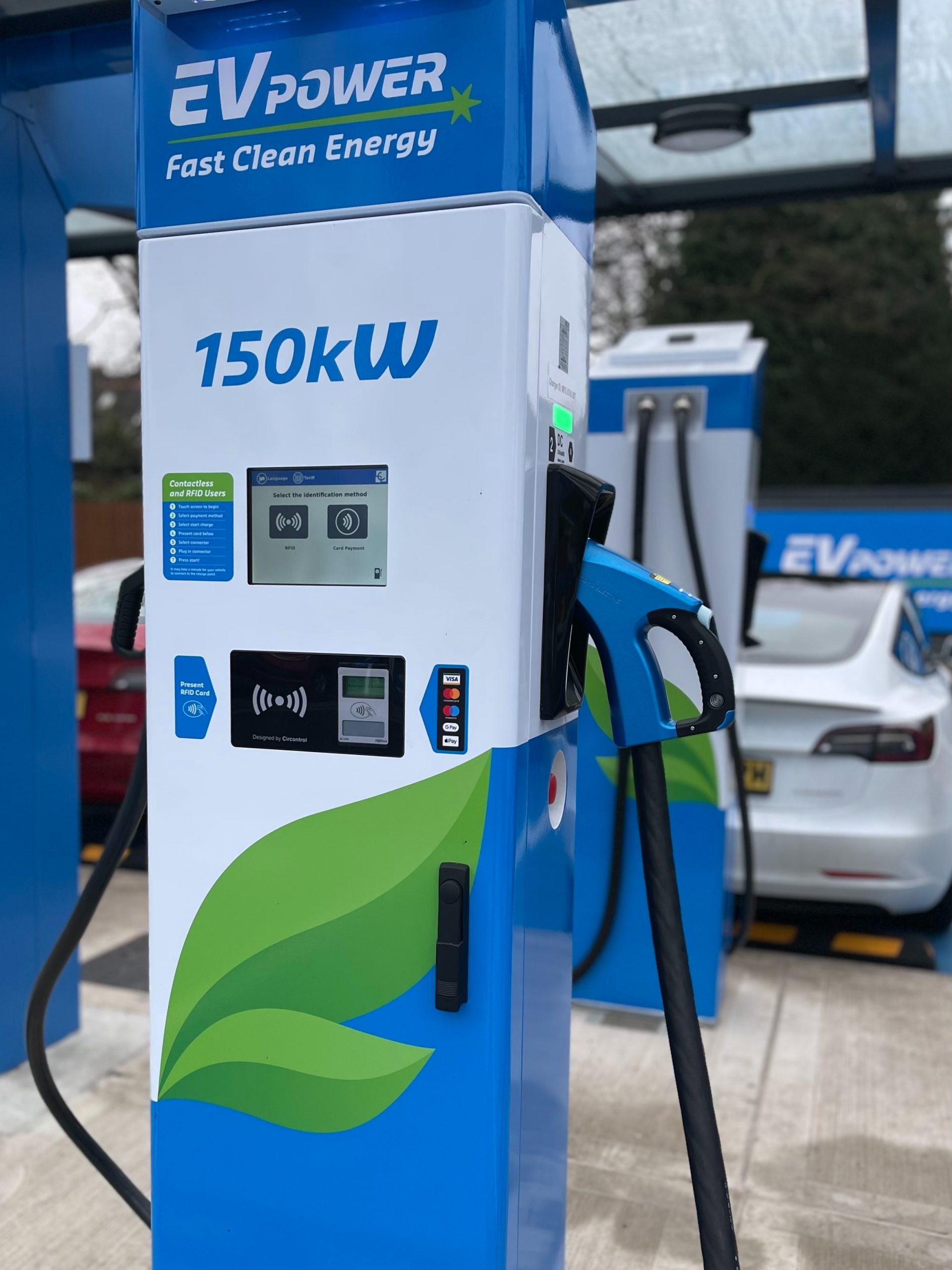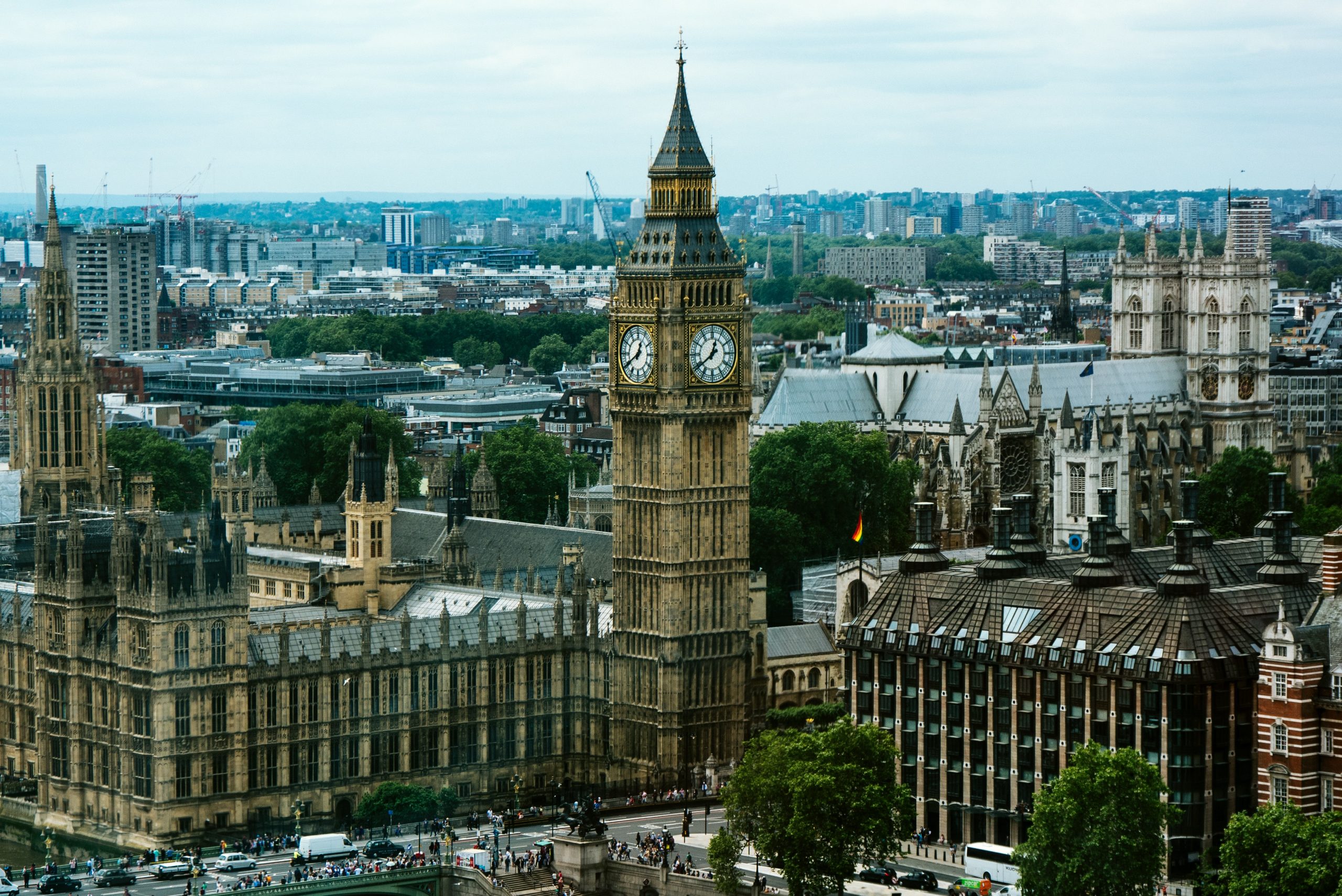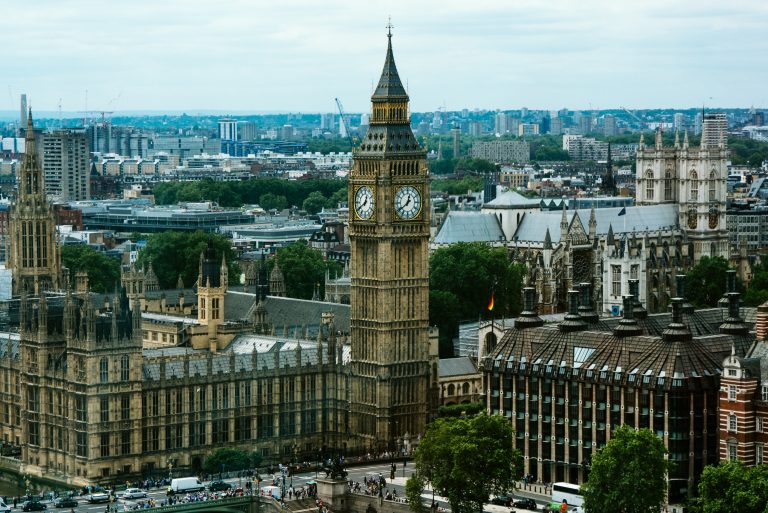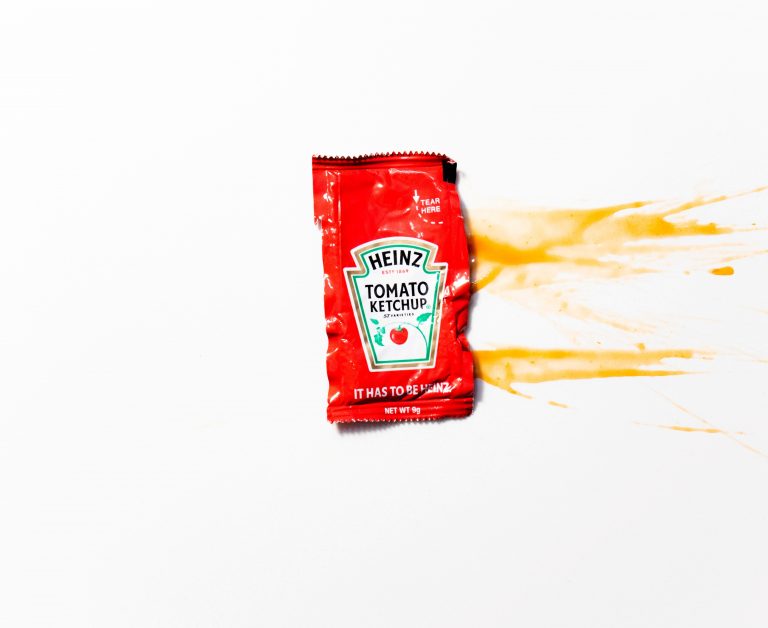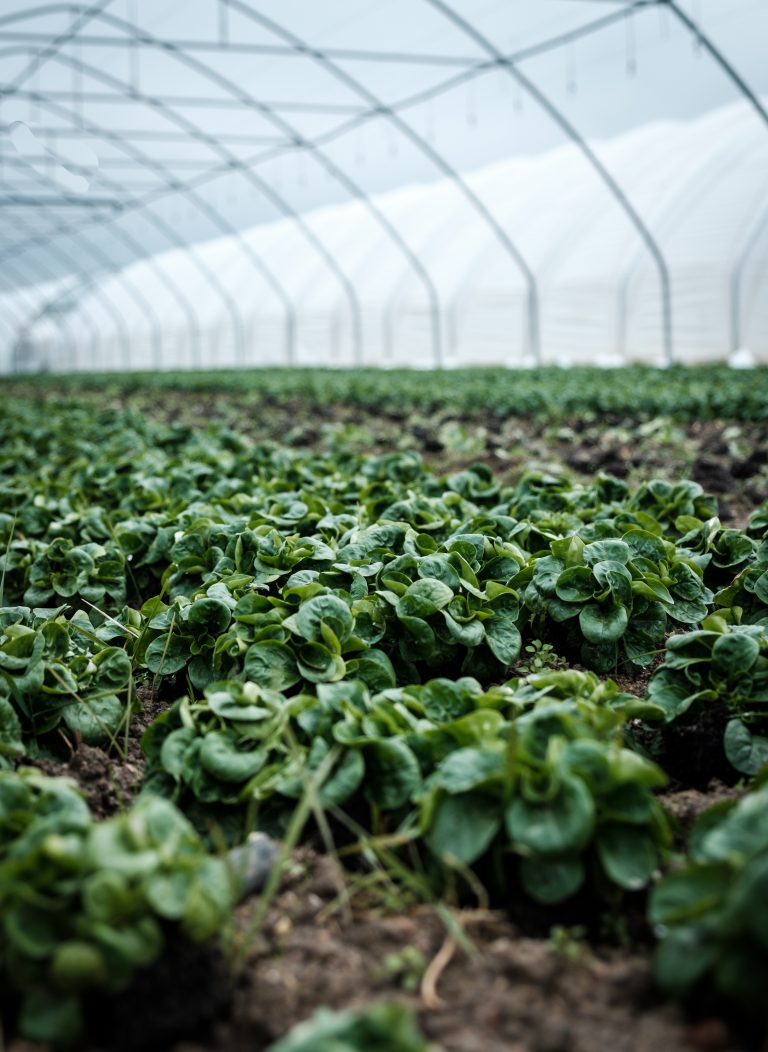We’re Excluded, It’s Not A Good Thing
Abstract: This video explores the creation of the world’s largest free trade area. The new trading bloc, the Regional Comprehensive Economic Partnership (RCEP), covers about one third of the world’s trade and one third of the world’s population. The RCEP bloc, notable for its exclusion of the United States, is a win for China and a sign of a powershift in global trade away from the West and towards the East. While the new free trade area had been under discussion for some time, its members moved quickly to come to terms following the decision by Donald Trump to pull out of the Trans Pacific Partnership and his commitment to a policy of America First. Companies operating within the new free trade area will have an advantage over those on the outside as tariffs are reduced and new relationships between member countries are developed.
Notes: China, along with 14 other nations, has signed a new trade agreement, creating the biggest free trade area in the world. The agreement is a milestone both in terms of size and because it excludes the United States. The new agreement, called the Regional Comprehensive Economic Partnership (RCEP), is the second agreement since the election of Donald Trump to exclude the United States, a marked departure from the past when the United States played a significant role in agreements like this. Indeed, the signing of the RCEP is a victory of sorts for China, and a signal that China and the East in general, have something to say about the future of global trade. Negotiations for the RCEP had been ongoing for a number of years, but took on a new urgency following Donald Trump’s decision to pull the United States out of the Trans Pacific Partnership and his policy of greater isolationism. Signatories of the RCEP viewed Donald Trump’s actions as a threat to global trade and a warning that the general move toward trade liberalization could be stopped and even reversed.
Covering about 30 percent of the global economy and encompassing about one third of the world’s population, the RCEP is comprised of Australia, Brunei, Cambodia, China, Indonesia, Japan, Laos, Malaysia, Myanmar, New Zealand, the Philippines, Singapore, South Korea, Thailand and Vietnam. Ten of the RCEP member countries, Brunei, Cambodia, Indonesia, Laos, Malaysia, Myanmar, the Philippines, Singapore, Thailand, and Vietnam, are also linked through the Association of Southeast Asian Nations (ASEAN). Richard Fisher, former Deputy U.S. Trade Representative in the Clinton Administration says the RCEP is a return to rules-based trade and an era of relationship building. Richard Fisher claims that it will be difficult for the United States, even in a Joe Biden presidency, to join the new trading bloc, one that certainly gives its members an advantage. To gain entry, Joe Biden will have to demonstrate that the United States is willing to return to rules-based trade and regain the respect in the Pacific that has been lost under Donald Trump.
For U.S. companies, especially those relying on supply chains in the RCEP bloc, the agreement will present challenges. The signing of the free trade agreement will facilitate further development of economic centers in RCEP countries. Within the ASEAN bloc, tariffs are already low. Now though, there tariffs will be reduced across RCEP member countries as well, making it more difficult for companies from non-member countries to gain traction as their products may be subject to tariffs that companies inside the bloc will not face. While the agreement still needs to be ratified and arguably leaves some things on the table, the creation of the world’s biggest trading bloc promises to bring a new dynamic to the future of global trade.
Discussion/Questions:
- What is the Regional Comprehensive Economic Partnership (RCEP)? Why is it important to global trade and the global economy? How will the agreement change the geopolitical landscape? Is the United States being left behind? Does the agreement represent a shift of power to the East?
- Discuss RCEP in terms of trade creation and trade diversion. What does the agreement mean for companies inside the bloc? How will it affect companies outside the bloc that rely on trade with RCEP member countries?
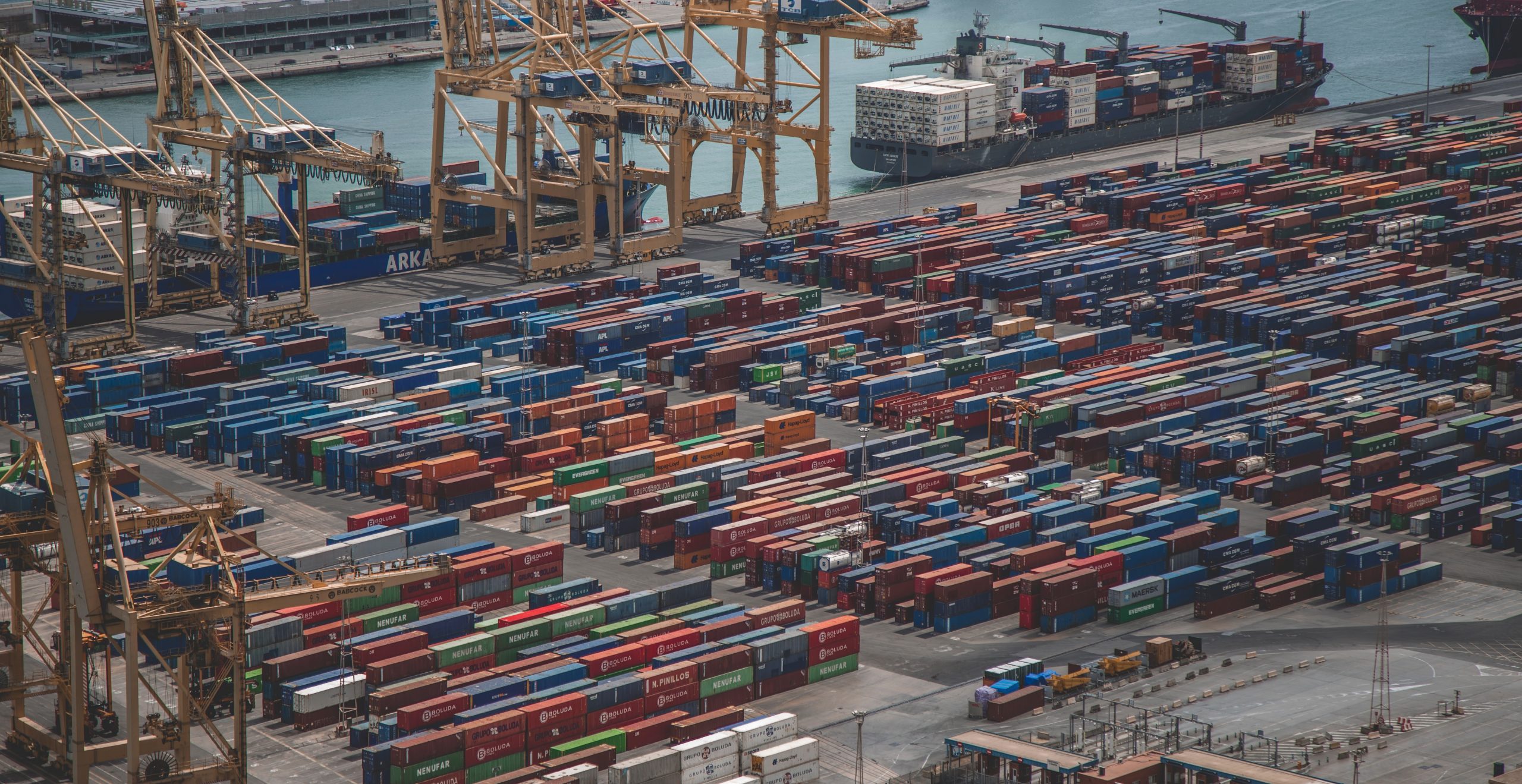
Sources: CNBC- https://www.cnbc.com/video/2020/11/17/weare-excluded-itas-not-a-good-thing-fmr-dallas-fed-president-on-u-s-s-exclusion-on-the-trade-agreement.html. Photo by Tobias A. Müller on Unsplash.

